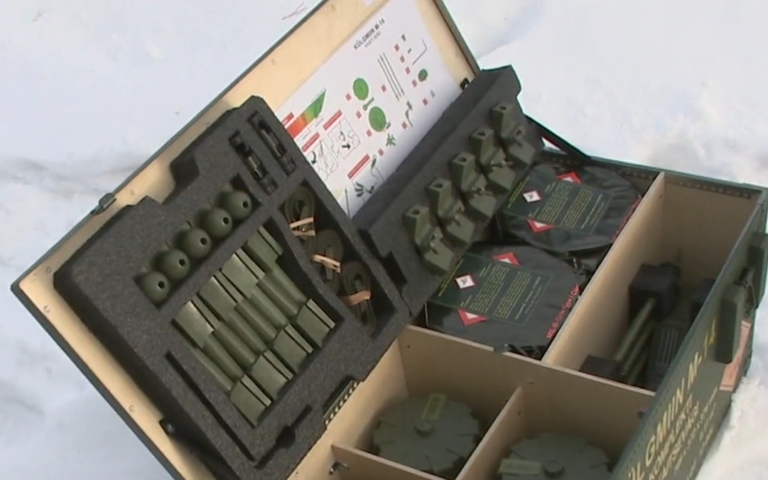Although last week alone, the security filters of Telia Estonia blocked nearly a million cyberattacks from assets located mainly in the United States, Poland and Canada, there’s an increasing number of companies in Estonia that consider it unlikely that they will fall victim to cybercrime.
Telia’s largest corporate IT security survey of the year reveals that the number of companies that consider an IT security threat or cyberattack likely is lower than in the last two years. While in 2020, 34 percent of companies surveyed said they were likely to be exposed to a cyber threat, and the ratio rose to 48 percent in 2022, it had fallen to 37 percent by the end of 2023.
“This means that over 60 percent of companies in Estonia still do not believe that cybercrime could affect them. However, looking at the numbers reflecting various attacks, malware, and phishing email incidents, such optimism is not justified,” said Martti Kebbinau, head of cyber security services at Telia Estonia.
Moreover, according to the survey conducted by pollster Turu-uuringute AS, encounters with security threats are actually on the rise, with companies in East-Viru County, Tartu County, southern Estonia and Harju County being most affected. According to the surveyed companies, the most pressing issues to address are phishing emails, compromising, and viruses causing direct harm. There has also been an increase in distributed denial of service (DDoS) attacks, especially since the start of the conflict in Ukraine. Surprisingly, 60 percent of the companies polled have neither prepared nor plan to prepare a strategic plan to enhance cybersecurity.
The intensification of cyberattacks is also visible from the statistics of Telia’s security filters for businesses, which last week alone blocked a total of nearly one million attacks, of which more than 850,000 were malware or phishing-related web visits.
“Telia Turvanet blocks millions of cyberattacks every month, where the criminals’ goals are both to gain financial gain and to cripple the business,” Kebbinau said.
“Although DDoS attacks are carried out from all over the world, the highest numbers of cyber threats detected by Telia’s security filter came from the United States, Poland and Canada. This does not mean that the attackers are from these countries, but that these countries have the largest numbers of infected equipment that are used to carry out the attacks,” the head of cyber security services at Telia Estonia explained.
The survey conducted by Turu-uuringute in late 2023 included more than 13,000 Estonian companies of considerable size.
Source: BNS
(Reproduction of BNS information in mass media and other websites without written consent of BNS is prohibited.)


















